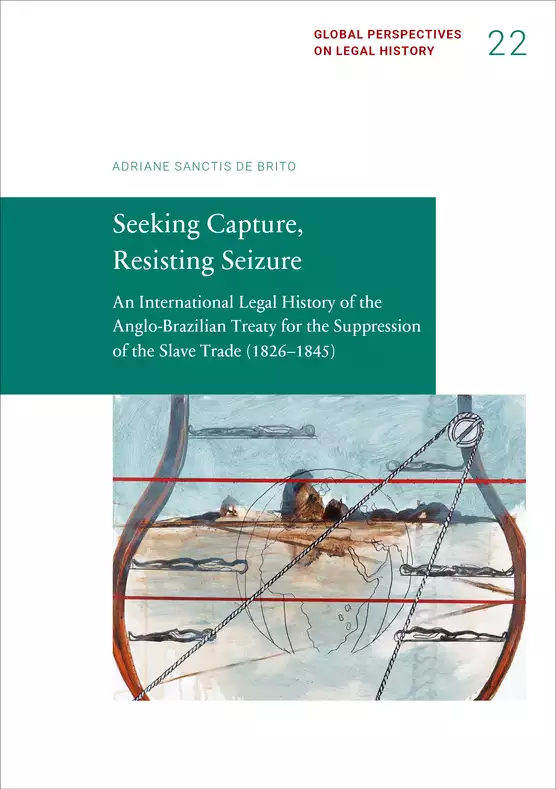ABOUT THE BOOK
The treaties to suppress the slave trade were the subject of intense legal battles and debates in the first half of the 19th century. By delving into the legal disputes that took place within the context of the Anglo-Brazilian treaty, this book highlights the political importance of what might at first glance be perceived as little more than argumentative hurdles over the rules and proceedings regarding the search and capture of ships. Some of these legal battles were carried out in the correspondence between the Foreign Offices, sometimes between diplomatic representatives or within mixed commissions, while still others involved the process of interpretation and the resignification that took place over the course of years and involved a multiplicity of exchanges between various actors and institutions.
Britain constantly pushed to expand the legal use of force and possibilities of capture within the spaces outlined by the treaty regime. Brazil actively engaged in the legal interpretation, and in so doing created an argumentative onus that would later continue to transform British legal approaches and the very expectations about the content of the law the two parties were applying.
By constantly challenging the scope and limits of the treaty, Brazilian representatives slowed down the process of abolishing the slave trade, thus preserving the perverse practice, while at the same time protecting Brazil’s independence against the expansion of British interference. Whether reading the bilateral treaty clauses as analogous to or differently from prize law or general international law, the day-to-day interpretation forged anti-slave trade rules that kept ships, instead on enslaved people, protagonists of slave trade suppression mechanisms.
This history of the Anglo-Brazilian treaty provides more detail about the mechanisms created by international law to combat the slave trade. It also reveals the complex legal translations of state inequality, humanitarianism, violence, and the fine line between war and peace.
ABOUT THE AUTHOR
Adriane Sanctis de Brito’s research focuses on the international histories of legal imagination related to peace, humanitarianism, and the suppression of the slave trade. Currently, she is a visiting scholar at the Institute for Global Law and Policy at Harvard Law School. She received her PhD from the University of São Paulo and previously served as an adjunct professor at the university’s International Relations Institute. As a co-founder of the Brazilian think tank LAUT, she leads projects examining how contemporary reactionary movements reimagine and reconfigure legal language and human rights. The research for this book was made possible by scholarships that supported research stays at the University of São Paulo, the University of Melbourne, the Max Planck Institute Luxembourg for Procedural Law, and the University of Helsinki.
More information and the entire publication can be found here.


No comments:
Post a Comment